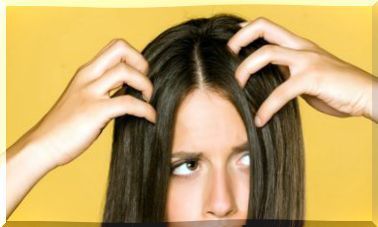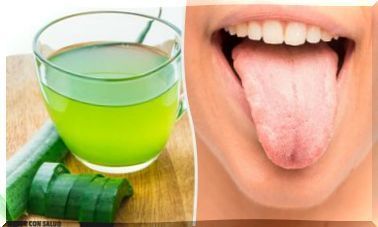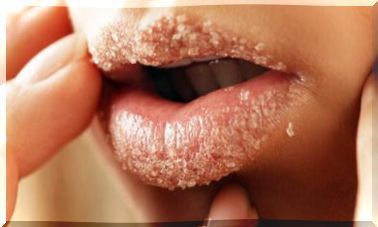Herbal Remedies For Depression And Anxiety?
There are herbal remedies that can help us to alleviate mild states of anxiety and even to complement pharmacological treatments in case of depression.
Mental health problems are highly prevalent today and it is higher in women than in men. In fact, they are responsible for the decline in quality of life. Among them, depression and anxiety are the most frequent, especially in women.
Depression is a mood disorder characterized by the presence of a set of symptoms associated with sadness and anhedonia, or loss of the ability to experience pleasure. However, it is important to bear in mind that not all people with depression suffer from the same symptoms, hence different types of this disorder are distinguished. The severity, frequency, and duration of symptoms vary from person to person.
On the other hand, anxiety is an emotional response to situations that are perceived as dangerous or threatening. This can range from mild uneasiness to feelings of true terror and panic.
According to various theories, this depends on the expectations that the person generates about the situation. However, although it is experienced as an unpleasant emotion on certain occasions, the truth is that it is not considered dangerous, since its objective is to protect the body from that possible threat. E l problem, therefore, is not know how to manage and control it .
Thus, although anxiety and depression at first glance may seem like two different and independent disorders, in some cases they are related. For example, sustained anxiety can lead to depression. Hence, it is so important to differentiate them in addition to knowing how to treat them.
There are different alternatives to treat anxiety and depression such as psychological therapy and drug therapy, both individually and in combination. Do not hesitate to go to the specialist in the event of any symptomatic anomaly.
Let’s go deeper.
Herbs and other substances for depression: are they effective?
The treatment of depression and other psychiatric conditions by natural means has an extensive literature, although not with conclusive scientific evidence. Hence, natural remedies can never replace medical treatment or complement it, without having previously been consulted with the specialist.
Some remedies that are popularly believed to be effective in fighting depression are;
Oatmeal
Oats contain lecithin, B vitamins, pantothenic acid, enzymes, minerals (mainly calcium and phosphorus), certain trace elements, and an alkaloid that balances and has invigorating effects on the nervous system. In addition, it is one of the cereals that contain tryptophan, a key compound to produce serotonin, an essential neurotransmitter to improve our mood and well-being.
Grass of San Juan
St. John’s wort is a widely used herbal remedy in Europe. Commonly prescribed for the treatment of depression, it usually brings good results. In the opinion its mechanism of action is similar to that of SSRIs : inhibits serotonin reuptake and altered levels of other neurostransmisores as dopamine and norepinephrine.
- According to some studies, St. John’s wort as monotherapy is superior to placebo and comparable to antidepressant treatment in the short-term reduction of depressive symptoms in people with mild or moderate depression.
- Likewise, according to another study published in the Mexican Journal of Neuroscience , St. John’s wort is similar to diazepam.
- Although the effects of the drug were observed earlier and remained unchanged, the effects of St. John’s herbs appeared progressively and required more administration.
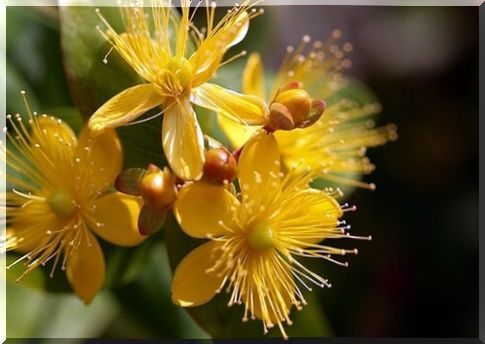
Omega-3 fatty acids
Polyunsaturated ω-3 fatty acids are a good therapeutic option both in the prevention and in the treatment of diseases where inflammation plays an important role, as in depression.
Thus, people with depression and a deficit in their diet of omega-3 fatty acids can respond well to diets with high levels of these types of fatty acids.
Lavender
A study by Shahin Akhondzadeh, professor of clinical psychopharmacology at Tehran University of Medical Sciences, confirmed that both lavender and imipramine were independently effective in treating depression.
Still, the results also confirmed that the combination of both treatments was more effective. In this way, we can affirm that lavender can be used as an adjunct to antidepressants.
- Also, it must be said that it is an herb with high concentrations of volatile oils, which give off a pleasant fragrance. Therefore, it is often used to relieve mild anxiety.
Folic acid (folate)
Folate is part of the B vitamins. Its functions include cell activation, as well as promoting the functioning of the nervous system and the immune system.
In addition, it is a key vitamin for the synthesis of dopamine, serotonin, norepinephrine and homocysteine. People who are deficient in folate are often more prone to depression. Hence, its use is recommended for these types of mood disorders both individually and as a complement to antidepressants.
Valerian
This medicinal plant has sedative properties, as well as analgesic, antiseptic and anticonvulsant properties. It is recommended especially for cases of mild anxiety like lavender and for people who have insomnia problems.
José Ortiz, doctor and professor in the Department of Pharmacology and Toxicology at the School of Medicine of the Science Campus, affirms that valerian could be an additional alternative for anxiety problems. However, he also emphasizes that more studies are needed to confirm this.
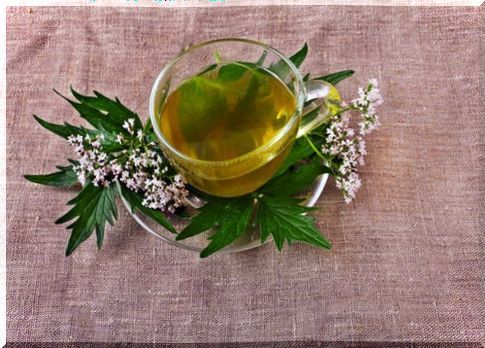
It has been found that psychological therapy and drug therapy, both separately and in combination, are effective for both types of disorders.
In addition, it is important to mention the growing interest in complementary and alternative medicine by health professionals. Many of these options serve as a complement to antidepressants and psychotherapies. Some examples are aromatherapy or yoga.
However, it is always advisable to ask for help and consult a specialist about what to do when anxiety and depression appear in our lives. Let’s not forget that depression and anxiety are influenced by a large number of aspects both in their origin and maintenance, in addition to the context and characteristics of each person.

